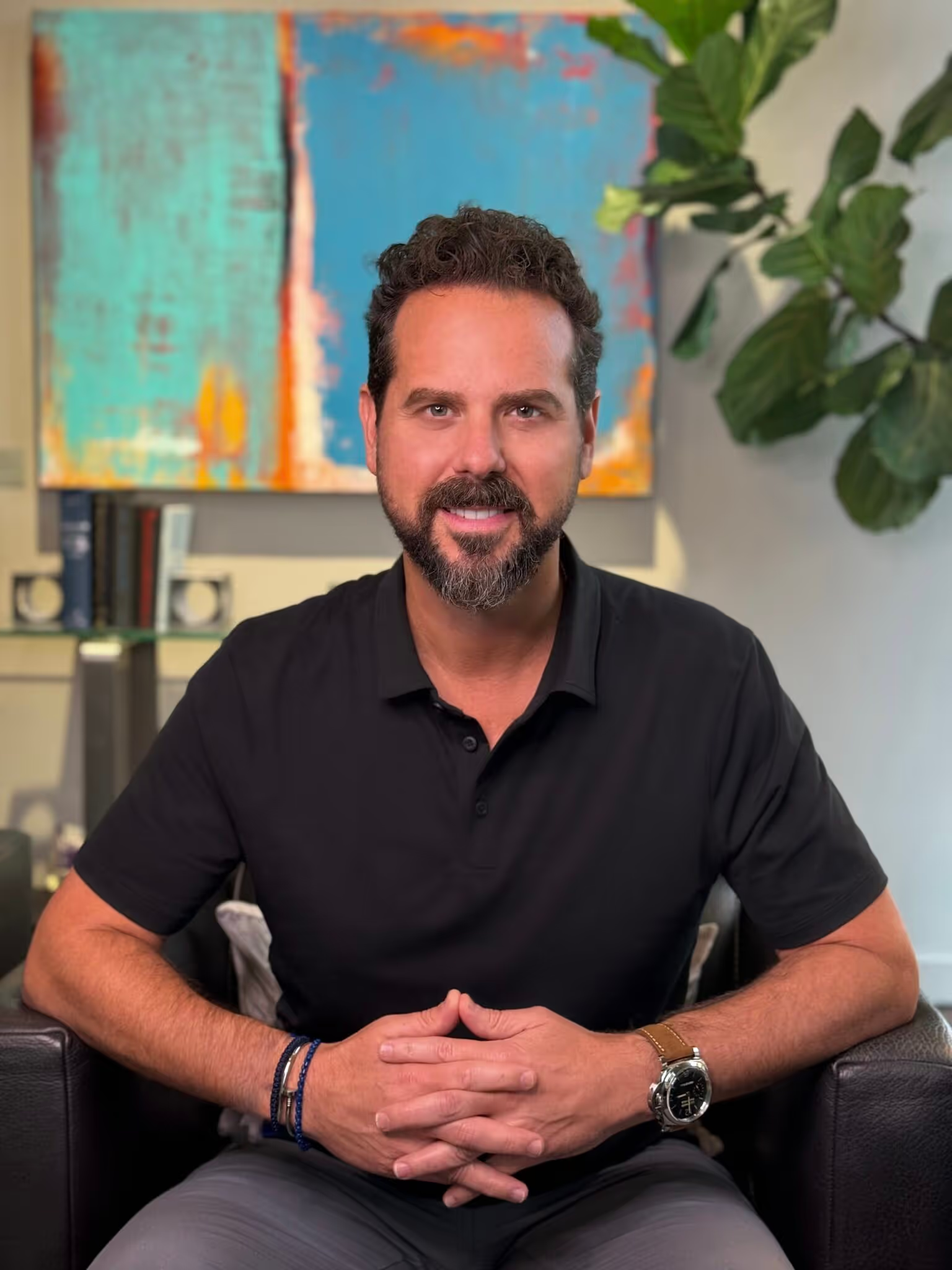
The Oldest Story We Tell Ourselves
Whether you believe it or not, your earliest experiences as a child still affect you today.
That’s one of the reasons why so many therapists want to talk about your childhood and the people who raised you. How they treated you then has a direct impact on how you perceive and react to the world around you today.
You may not even be aware of how deeply these early narratives affect your life.
How you were treated as a child is the oldest story you tell yourself, yet this story is often told subconsciously. Unless you’ve reflected on your childhood and/or had an opportunity to discuss with a therapist how your past might be shaping your present, you may be unaware of the many deep and hidden ways your long-forgotten history plays into your thoughts and emotions today.
Famed psychologist Erik Erickson said that our psychosocial stages begin in infancy with our first major crisis: trust vs. mistrust.
Is the world safe or dangerous?
Can I trust the person holding me not to drop me?
Can I trust him or her to feed me when I’m hungry?
Will they attend to me when I cry?
Who can I really trust in this new and strange world?
If that trust is met, you’ll develop hope and a belief in the general goodness of people. If not, you’ll may learn to fear and distrust others. And while this is certainly a simplified dichotomy, these earliest of issues will influence your entire life.
If you’ve learned to distrust, that’s a story you tell yourself that you’ll eventually need to learn how to retell.

